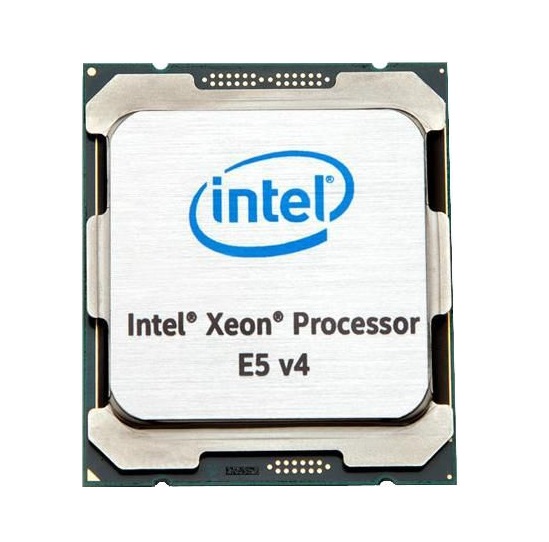CPUs and Processors
Welcome to our online store, where we offer a wide range of CPUs and processors for your computing needs. Whether you're building a new computer or upgrading your existing system, we have the right CPU or processor for you.
CPUs (Central Processing Units) and processors are the most important component of a computer system. They are responsible for executing all the commands and processing data. A good CPU or processor can make a significant difference in the performance of your computer, making it faster and more responsive.
Benefits:
High performance:A good CPU or processor can significantly improve the performance of your computer, making it faster and more responsive.
CPUs (Central Processing Units) and processors are the most important component of a computer system. They are responsible for executing all the commands and processing data. A good CPU or processor can make a significant difference in the performance of your computer, making it faster and more responsive.
Cache Batteries are an essential component of many computer systems, particularly those using RAID controllers. These batteries help to protect data in the event of power failure or system shutdown, ensuring that data stored in the system's cache is not lost. Here are some key benefits, types, components, and maintenance considerations for Cache Batteries. Cache Batteries provide backup power to the RAID controller's cache memory, ensuring that data is not lost in the event of a power outage or system shutdown. Cache Batteries can help to improve system performance by allowing data to be written to the cache faster, reducing the amount of time required for disk writes. By preventing data loss and reducing system downtime, Cache Batteries can help to reduce maintenance costs over time. Lithium-ion batteries are the most common type of Cache Batteries. These batteries provide extended durability and a high energy density. Nickel-cadmium batteries are another type of Cache Battery that is commonly used in computer systems. They offer good performance and reliability. The battery pack is the main component of a Cache Battery. It contains one or more rechargeable batteries that provide backup power to the RAID controller's cache memory. The battery controller is responsible for monitoring the state of the battery pack and ensuring that it is charged and ready for use. The enclosure is the physical casing that houses the battery pack and battery controller. Regular testing of the Cache Battery can help to ensure that it is functioning properly and ready for use in the event of a power outage or system shutdown. Cache Batteries have a limited lifespan and will need to be replaced periodically. It is important to follow the manufacturer's guidelines for replacement intervals. If the Cache Battery is not being used, it should be stored in a cool, dry place and periodically recharged to maintain its capacity. In conclusion, Cache Batteries are an important component of many computer systems, providing backup power to the RAID controller's cache memory and helping to ensure that data is not lost in the event of a power failure or system shutdown. With different types, components, and maintenance considerations to choose from, it's important to select the right Cache Battery for your system and ensure that it is properly maintained over time. Regular testing, replacement, and proper storage can help to ensure that your Cache Battery is functioning properly and ready for use when you need it.Cache Battery
Benefits of Cache Batteries:
Data Protection:
Improved Performance:
Reduced Maintenance Costs:
Types of Cache Batteries:
Lithium-ion Batteries:
Nickel-cadmium Batteries:
Components of Cache Batteries:
Battery Pack:
Battery Controller:
Enclosure:
Maintenance of Cache Batteries:
Regular Testing:
Replacement:
Proper Storage:












